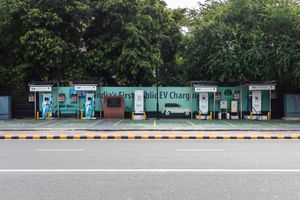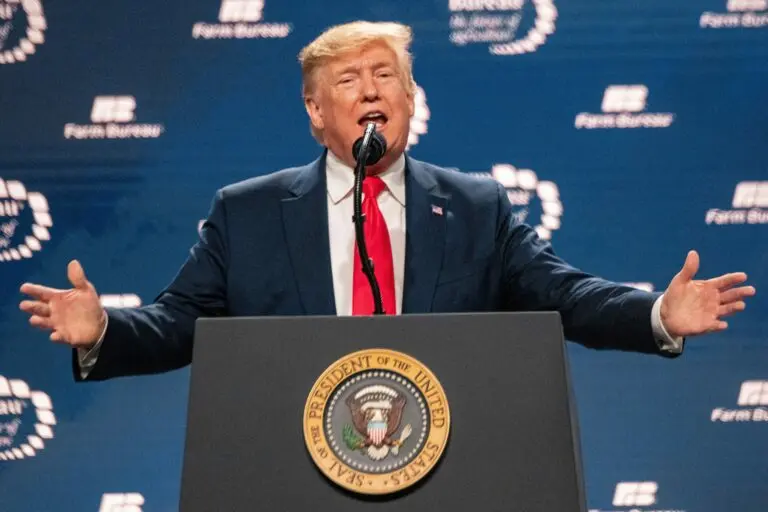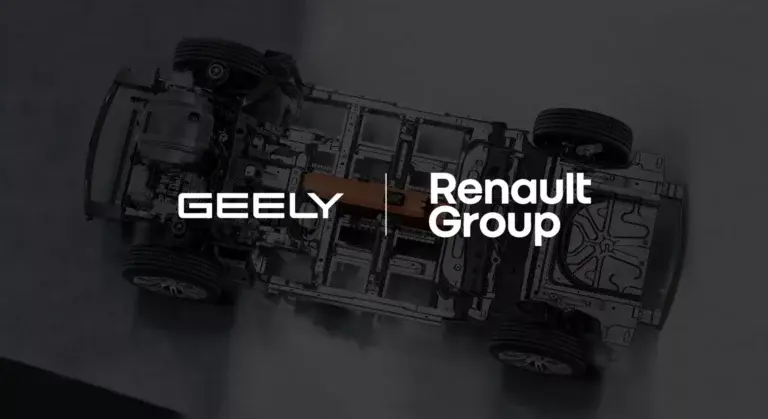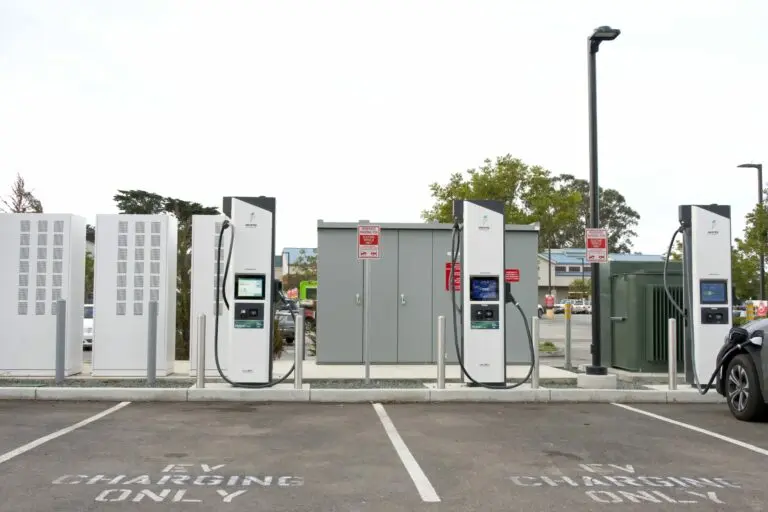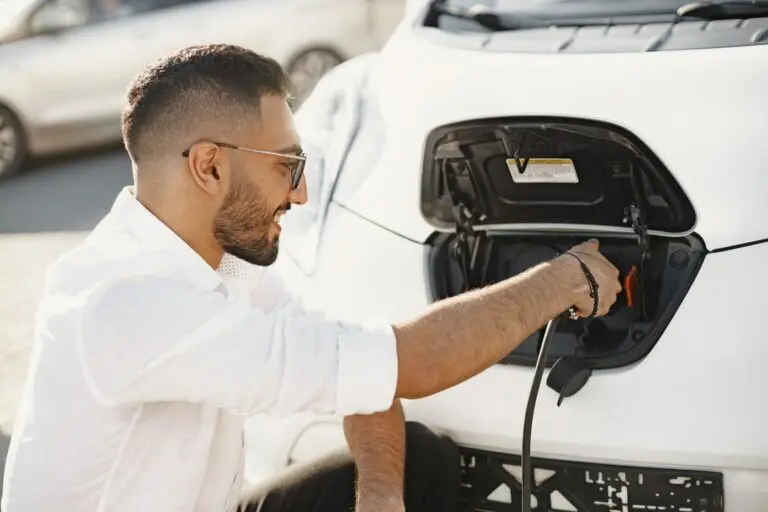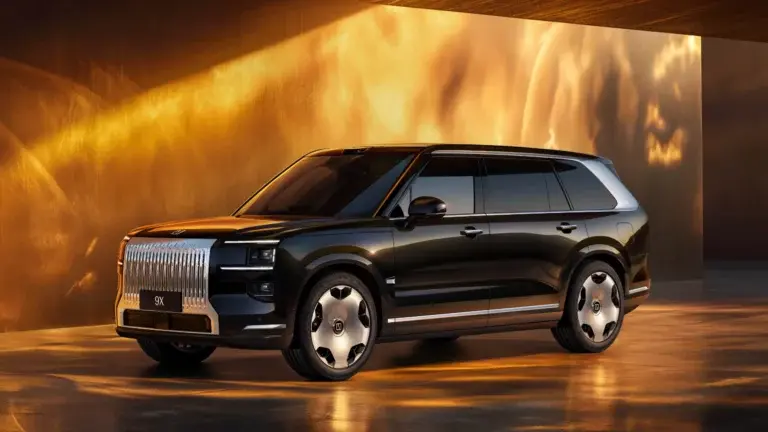The Delhi government has officially extended its policy on electric vehicles until 31 March 2026. The aim is to finalise a new, more ambitious version following public consultation.
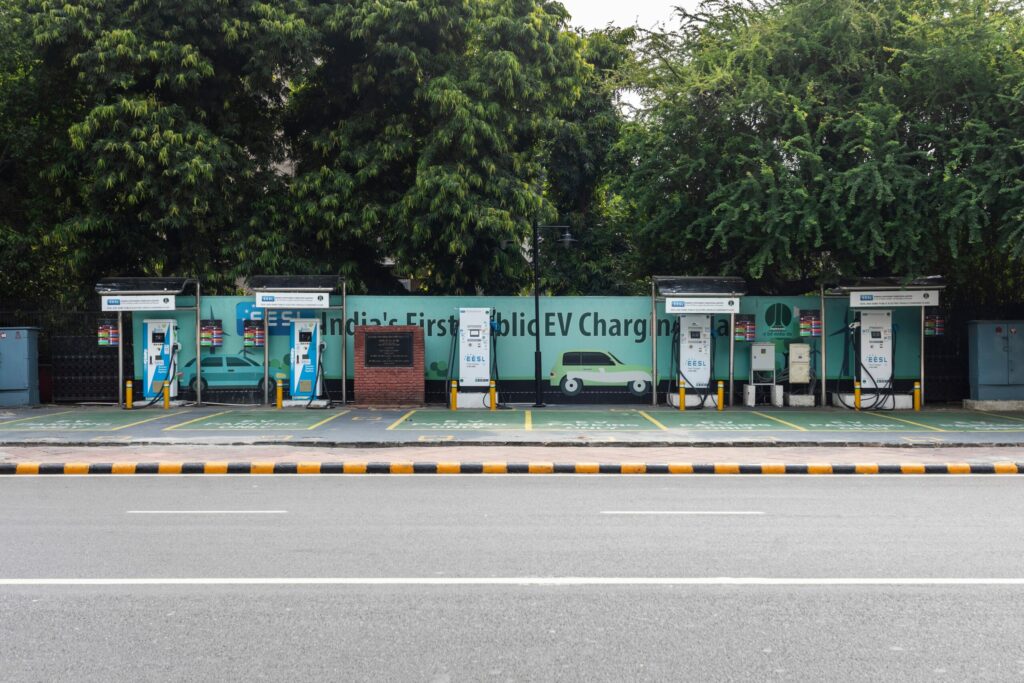
An extension approved by the Delhi government
At a meeting chaired by Chief Minister Rekha Gupta, the Delhi government approved the extension of its EV policy. It will remain in force until 31 March 2026, or until a new policy is adopted, whichever comes first.
Extended public consultations prior to version 2.0
Transport Minister Pankaj Kumar Singh has said that this period will allow for extensive public consultations. Citizens, industry players, environmental experts, companies and institutions will be invited to contribute to the development of the future EV policy.
Recharging, subsidies, batteries: the main themes
Delhi’s future electric vehicle policy will focus on several key points:
- Development of EV recharging infrastructure,
- Revision of subsidies for two-wheelers, rickshaws and utility vehicles,
- Introduction of standards for the management of batteries and electronic waste.
Thermal two-wheelers soon to be banned
The draft policy includes two key measures:
- Ban on two-wheel petrol, diesel and CNG vehicles from 15 August 2026
- Electric autorickshaws to be available everywhere from August 2025
An ambitious but progressive vision
This extension marks Delhi’s determination to prepare a structured electric transition, involving all the stakeholders. The aim: a realistic EV policy that can be implemented over the long term, and that will benefit both the environment and the local economy.

